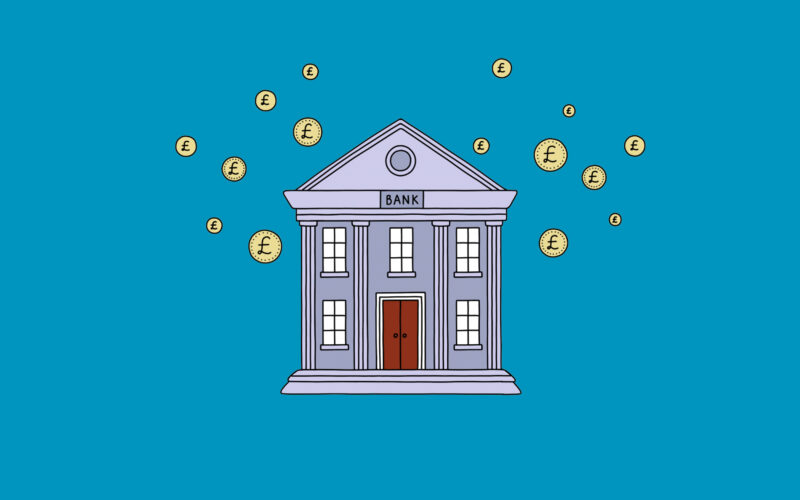
Financial Fraud in Lockdown
2020 was a year in which we all had to adapt to a new way of doing business. We got used to working from home, organising projects with our coworkers via Zoom, and buying extra pairs of slippers on the internet. Unfortunately, the lockdown also meant that scammers and financial fraudsters quickly adapted the way they work, too. Criminals have used the fear and uncertainty surrounding Covid-19 to take advantage of the unsuspecting public, with increased phishing and APP scams themed around furlough payments, travel refunds, and online shopping.
Impersonation scams
The number of impersonation scams nearly doubled in 2020, as compared to 2019 (2). Many of these incidents were cases of criminals taking advantage of the public’s changing circumstances relating to Covid-19. For example, many Brits cancelled holidays in 2020 and attempted to claim refunds from travel companies. Criminals phished for those waiting for genuine refunds by posing as popular airlines and asking them for bank details to process the refund payment. (1)
2020 also saw a surge in people shopping online from home, which helped lead to an increase in impersonation scams. The more people shopping on Amazon, the more people who can be tricked by realistic Amazon emails asking them to confirm their bank details.
Another scam seen recently has been emails that look convincingly like they’re from gov.uk, letting the recipient know they’ve qualified for extra unemployment/furlough benefits. Sadly, these are also fake.
APP Fraud
Over £200 million was lost to APP fraud in the first six months of 2020 alone, a 15% increase in number of cases from 2019. (2) APP stands for Authorised Push Payment. In an APP scam, the fraudster convinces a member of the unwitting public to send them money, by posing as their bank, a legitimate company, or similar, and providing their own bank details for the payment. The victim sends their money, and the scammer disappears. It can be very tricky to get a refund from the bank in such situations because despite not knowing the owner of the account, the customer sent their money willingly – leaving them liable.
An example of this would be a text seemingly from the government, letting the recipient know that they have been summoned for jury duty but because of Covid-19 they have the option to defer, if they will click a link and pay a £35 deferral fee. (1)
However, there was also a 4% increase in fraud successfully prevented. In 2020 banks were, on average, able to prevent or retrieve £7 out of every £10 worth of fraud. (2)
What can we do to stay safe?
There are a variety of things that you can do and remember in order to protect yourself from financial scams.
- Never click on hyperlinks in emails. If you receive an email asking you to ‘just click this link’ to confirm your password or bank details, delete it straight away. Some of these emails are very convincing – fraudsters can make an email look exactly like it’s come from Amazon, even down to spoofing their email address. However, you can tell it’s shady if they ask you to follow a link and fill in sensitive information.
- Don’t give out sensitive information over the phone. If your bank phones you and asks you for your password, or to answer some security questions, hang up. No legitimate bank would do that – instead, they’d ask for the 2nd and 5th letters of your password, for example. If your bank ever calls you and something feels off about the conversation, look up your bank’s phone number on their official website and call them back from there.
- If it seems too good to be true, it probably is. Sadly, it’s unlikely a company will ever email you out of the blue to offer you a huge sum of money.
- Are any of your passwords ‘pass123’? Do you often use the same password across multiple websites? if so, check out our blog post on Password Security.
There is often a time delay between criminals collecting people’s data and acting on it, so we may not yet know the full financial extent of Covid-19 related scams. Keep a close eye on your bank accounts for unfamiliar charges, and report anything suspicious to your bank straight away.
(2) https://www.ukfinance.org.uk/policy-and-guidance/reports-publications/2020-half-year-fraud-report
